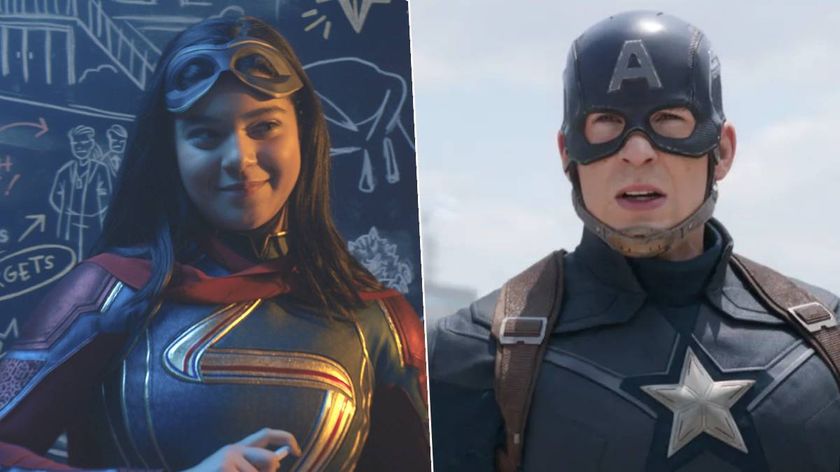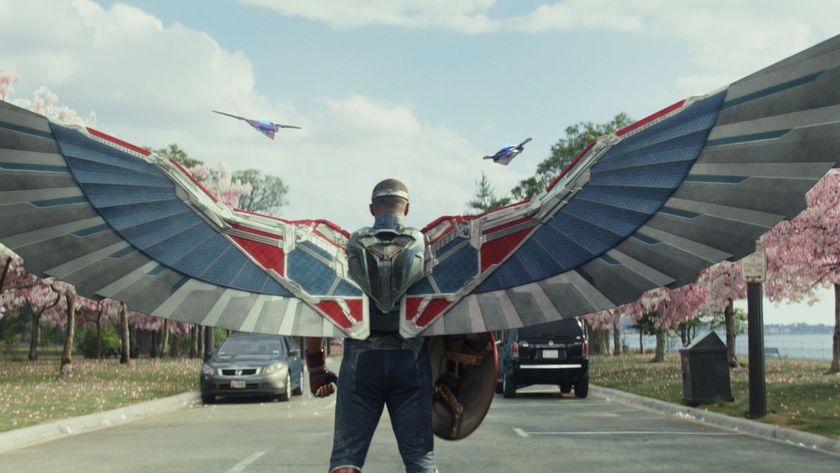Happy endings are secretly unhealthy... but we keep falling for them hook, line, and sinker
We could learn a thing or two from La La Land's not-so-happy ending
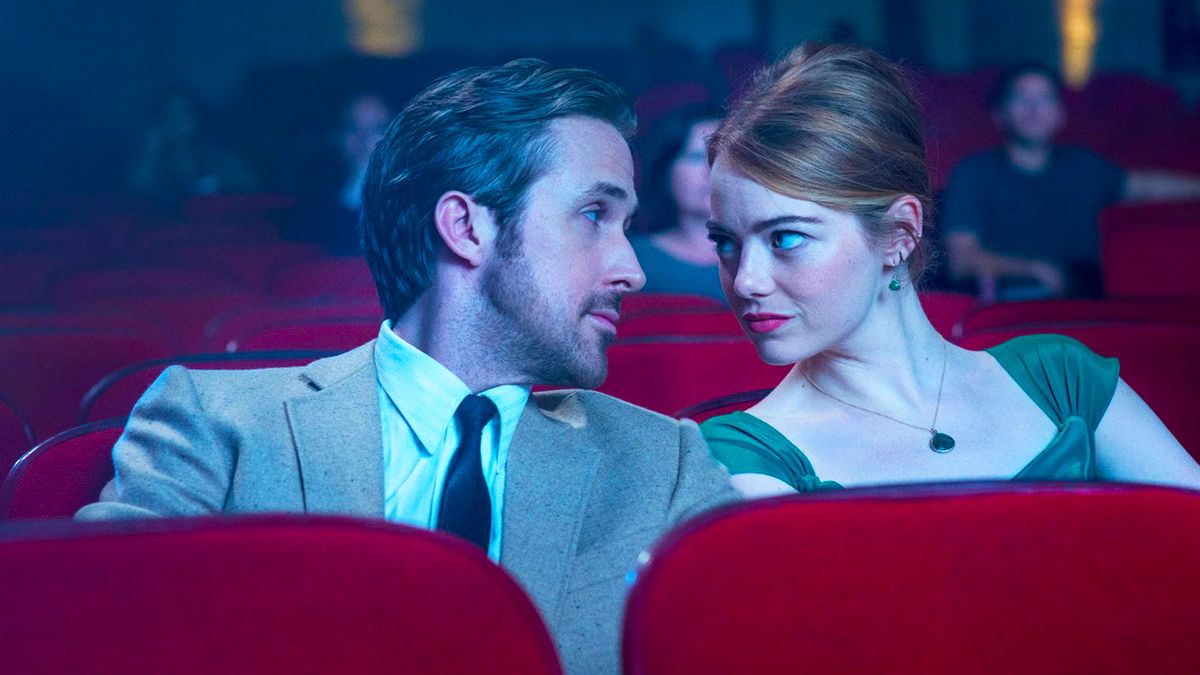
There’s no such thing as a happy ending. I know it’s Valentine’s Day, so I should probably be saying something romantic that’ll warm your heart, but I’m not. See, deep, deep down I’m a miserable git. A miserable git who doesn’t want to be patronised with tales of people finally getting together after a will-they-won’t-they situation. I see the destroyed cities at the end of superhero movies and wonder how many insurance companies are going to pay out. So don’t spoon-feed me happy endings that resolve everything with no untidy loose ends. Instead, give me an ending that’s all about hope. Because at the end of the day (and the movie), that’s what keeps us going. Oh, by the way, there are spoilers below for La La Land and Bojack Horseman. Yes, really.
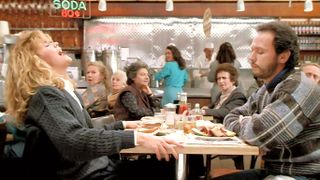
The 25 best romantic comedies that will have you at hello
Happy endings are the greatest form of escapism there is. And escapism is by no means a bad thing. Sometimes we need to see that something can be neatly tied up to give us a bit of closure, just to prove that there’s still some good in the world around us (especially after enduring the hellmouth that was 2018). Stories help us cope with our own lives. They’re a reminder of what things can be like, sometimes even giving us something to aspire to. So I’m not saying that we should start telling kids that Little Red Riding Hood got eaten by the big bad wolf. But happy endings still give me a bad taste in my mouth. It’s the taste of disappointment. Not in the story that I’m watching, but in the world around me.
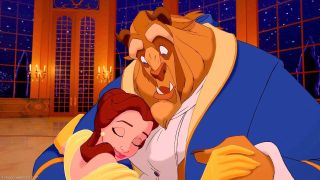
Real life never ends perfectly. Sorry (I’m not sorry) for being a downer, but there’s always something that’s not ideal, no matter how much we try to convince ourselves that everything’s swell. Yet part of life is acknowledging this, moving on, and learning to measure our expectations. God, I know, that sounds like the kind of speech your parents give you when they find out you’re jealous of your sibling’s newest, shiniest toy. Nevertheless, happy endings don’t exactly help us deal with reality. From a young age, we’re given all kinds of unrealistic expectations (yes, Disney, I’m talking about you). Where’s my happy ending? Why hasn’t my blockbuster romantic moment happened yet? When is this central storyline of mine going to get resolved?
Searching for perfection is an impossible, endless task. It’s time that movies and TV shows realised that and gave us something to ponder on before the credits roll. Take La La Land, for example. That ending wasn’t particularly happy. The guy doesn’t get the girl. Yet it taught me a lot more about love than seeing Mia and Sebastian ride off into the sunset ever could. The pair didn’t end up together, although each one got what they wanted from life. Sebastian has his jazz club, Mia is a world-renowned actress, and despite their bickering and heartbreak - and undeniable chemistry that practically sizzled off the screen like hot oil - they couldn’t have done it without each other. Chucking the whole idea that all romances are meant to last out the window, La La Land’s unhappy ending makes you question what really matters. Should they have sacrificed their dreams to be together? What’s more important: their happiness as individuals, or their love?
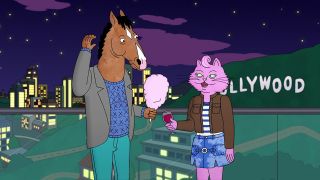
Same goes for Netflix’s Bojack Horseman. Even after five seasons the washed-up sitcom actor Bojack is still a bit of a dick. Every time you think he’s about to grow and mature, he tends to do the opposite. Same goes for the lives of his friends. Princess Caroline’s PR business doesn’t work out, and Mr Peanut Butter and Diane’s marriage can’t work with their vastly different personalities. Trust me when I say this is for the best. Happy endings want to give us closure with all the ends neatly tied up, and as a result they simplify things too much and way, way too quickly. Feel-bad movies don’t sell tickets, fine. I get that. Although perhaps they’re not such a terrible idea. It’s dangerously easy to assess our own happiness - and self worth - based on what we think should be happening if the cameras were rolling. Bojack Horseman does something far healthier in showing us these broken characters. Gradually seeing them improve gives us hope.

The best romantic movie quotes to tell someone you love this Valentine's Day
Hoping that a happy ending is somewhere in the future is the remedy to all this. Hope is quite possibly one of the most human qualities around. Come on, it’s so like us as a species to believe that we can get through this one part of our lives if we just give it some time… Showing us that some steps still need to be made but in the future things are going to get better is a powerfully comforting notion. Seeing that there are still things that need to be worked out gets rid of that damaging idea that you can somehow have it all. And every now and again that’s exactly what we need to hear. Basically, what I’m trying to say is this: piss off, happy endings. Come on, you didn’t really think I’d end this article on an upbeat note, did you?
Don’t want feel-good crap shoved down your throat? Try our 25 most depressing movies ever made.
Sign up for the Total Film Newsletter
Bringing all the latest movie news, features, and reviews to your inbox
While here at GamesRadar, Zoe was a features writer and video presenter for us. She's since flown the coop and gone on to work at Eurogamer where she's a video producer, and also runs her own Twitch and YouTube channels. She specialises in huge open-world games, true crime, and lore deep-dives.
Most Popular





